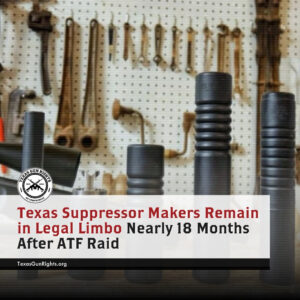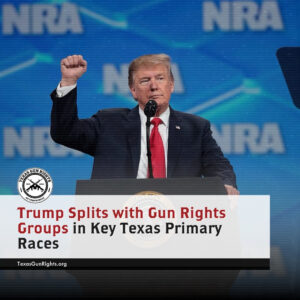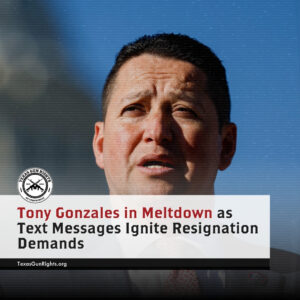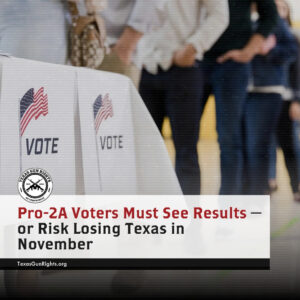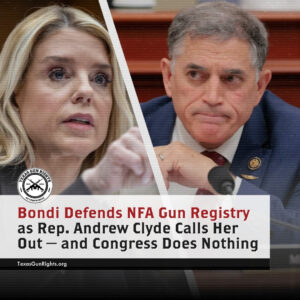The case, Junior Sports Magazines, Inc. v. Bonta, centered around whether California could effectively erase youth participation in lawful activities like hunting and shooting sports by criminalizing speech.
While the debate over gun rights often focuses on the Second Amendment, this ruling highlights a critical — but overlooked — dimension of the gun control debate: the suppression of free speech.
California’s ban wasn’t about crime prevention. It was a calculated move to stigmatize gun ownership and choke off the next generation of hunters, competitors, and safe firearm users by outlawing any effort to educate or attract them.
A Law That Went Too Far
AB 2571 prohibited advertising firearms or related products in a way that could be interpreted as appealing to minors — a vague and subjective standard that created immense legal risk for gun-related publishers, manufacturers, and training organizations. Penalties could reach $25,000 per violation.
Even the use of a photo featuring a youth safely handling a firearm or wearing branded apparel was fair game for prosecution.
The state offered no evidence connecting these advertisements to youth violence. It simply assumed that exposure to safe, lawful gun culture is dangerous.
As I’ve documented extensively in my research, there is no link between promoting lawful firearm use and criminal behavior. On the contrary, youth training and shooting sports have been shown to reduce accidents and build responsible habits. Yet California sought to criminalize efforts to promote those very outcomes.
Viewpoint Discrimination Disguised as Safety
Gun control advocates routinely claim that laws like AB 2571 are about “protecting kids.” But if that were true, they would encourage firearm safety programs and responsible education, not ban them. The law’s true aim was cultural erasure — to stigmatize gun ownership by silencing anyone who promotes it to the next generation.
The court recognized this as viewpoint discrimination — the government favoring one ideology over another. In doing so, the Ninth Circuit affirmed that the First Amendment protects even unpopular or politically inconvenient speech.
California hypocritically offers youth hunting licenses at a discount, yet sought to outlaw any ad that might tell a child how to safely hunt with their parent. That’s not policy — that’s propaganda.
Legal and Cultural Implications
This case is important not just because it stops a particularly egregious law, but because of what it represents: a coordinated effort by states like California to use speech codes to dismantle constitutional rights indirectly.
We’ve already seen how “public health” arguments have been weaponized to justify unprecedented restrictions on gun rights. Now the same tactics are being used against speech. If a government can ban you from talking about legal products or training programs — simply because someone might not like the message — then there are no limits to what can be censored in the name of safety.
Gun control groups know that changing laws is only half the battle. The other half is changing culture — and that’s why they want to make it illegal to even talk positively about firearms to young people.
A Win — But the Fight Isn’t Over
California could still petition the U.S. Supreme Court to review the case. But for now, the decision restores a vital check on the state’s overreach.
More broadly, this ruling underscores the need for vigilance. If gun owners want to preserve their rights — not just to bear arms, but to speak freely about them — they must remain active in both the legislative and judicial arenas.
The Second Amendment doesn’t exist in a vacuum. It stands alongside — and depends on — the First.
California’s attempt to dismantle one freedom by restricting another has failed for now. But make no mistake: the effort will continue, unless we push back every step of the way.


